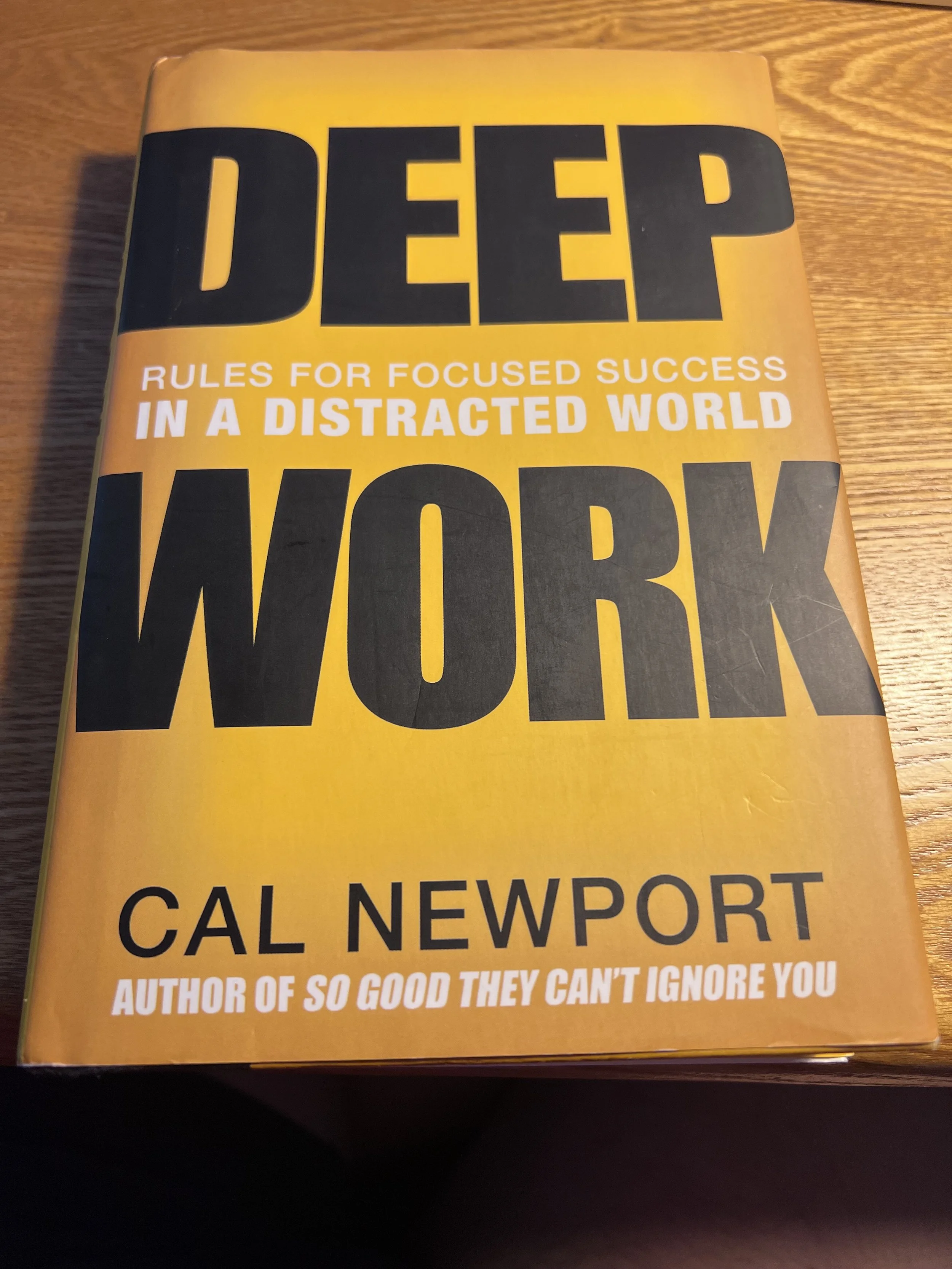Rehearsal time is a precious resource when working with a large orchestra. Nowhere is that more true than when working on new music. Time may be short enough that even a conventional piece of music would be difficult to prepare in the time available. Added to that, the many complexities of contemporary repertoire may create a very long list of questions that conscientious orchestral musicians will come to rehearsal needing answers to before a read-through is possible.
I think we all want to come out of this undifferentiated sea of snackable, viral content, back and forth messages, contextless tweets, and seemingly meaningless work tasks, and move in the direction of books, records, marathons, no-tech camping trips, meditation retreats, long form journalism, 5000-piece puzzles, baseball, writing cabins, undistracted 2-hour coffee with a friend, and of course a night at the symphony or theater…. So in that context, though I hate to use a cliché, I think we need long form music—classical being one example—now more than ever, in this one particular way:
Princeton musicologist Elizabeth Margulis and her colleagues convincingly provide strong and subtle evidence that the claims that music is the universal language remain, at best, significantly overstated, just as much as they were when Mehr et al published their most recent rehearsal in 2019.
I offer several routes to avoid the pitfalls of over-reliance on publishers or prior training for a fair survey of available literature by non-male and/or BIPOC composers, among others. I identify five types of “hidden literature” - or literature that many public school directors and youth orchestra conductors may not have at their fingertips:
Unpublished and/or self-published music.
Published music that is not adopted by any or almost any state music list.
…
In every bar of his astonishing music, you’ll find energy and vitality and craftsmanship and deeply enjoyable music.








